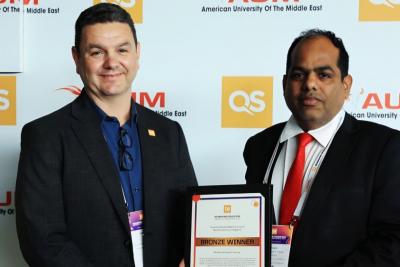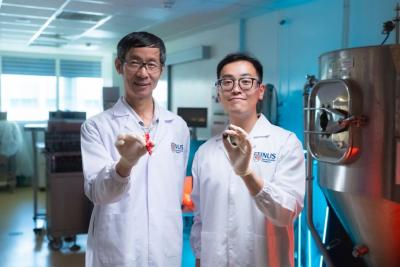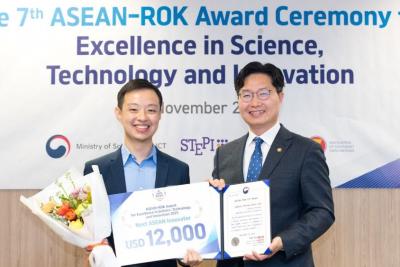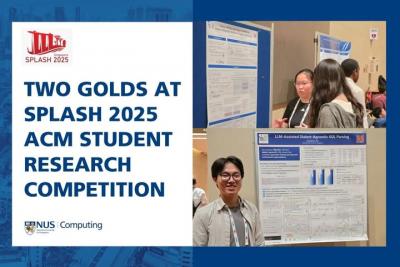Nhà nghiên cứu NUS tìm hiểu về các tế bào sống "kiểm định chất lượng" và phòng ngừa bệnh tật
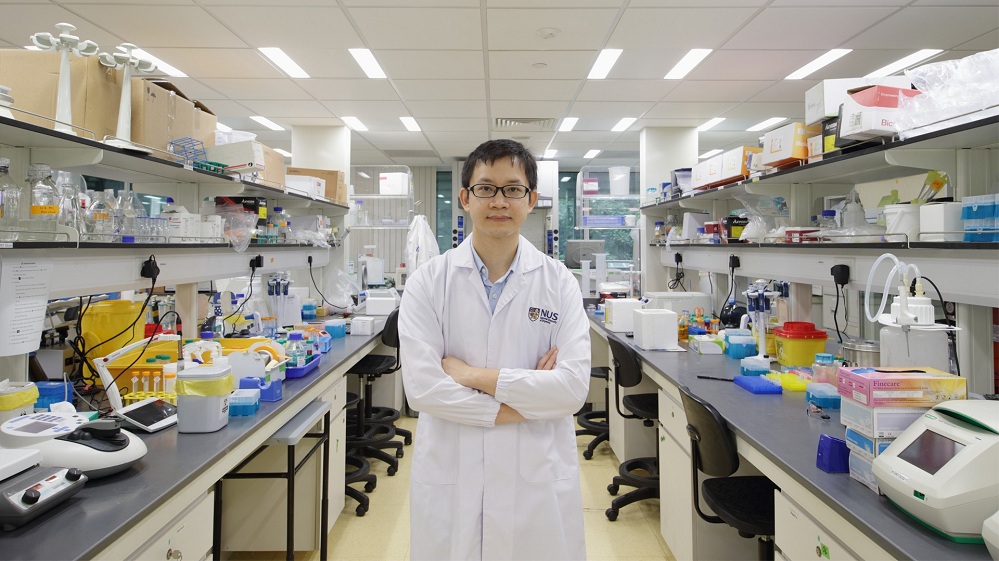
Presidential Young Professor Lin Zhewang earned a reputation for doing research “at the speed of light” during his postdoc years.
He has a solid track record. In 2020, he was the lead author in a Science paper that documented a crucial protein that controls the amount of tubulin in a cell. Tubulin is a structural molecule that forms the cell’s internal “skeleton”. There are different varieties of tubulin and they have to be present in the correct proportions and configuration for many important functions from molecular transport to cell division.
Assistant Professor Lin began specialising in this topic during his postdoctoral stint at the MRC Laboratory of Molecular Biology in Cambridge. For 40 years, scientists had tried to understand the mechanisms of cellular quality control, but with little success as they did not have the right molecular tools. But by the time he entered the field, new molecular markers had been developed that could detect and bind to specific chemical structures when activated by ultraviolet light, enabling him to “see” the molecular machinery of the cell more clearly.








